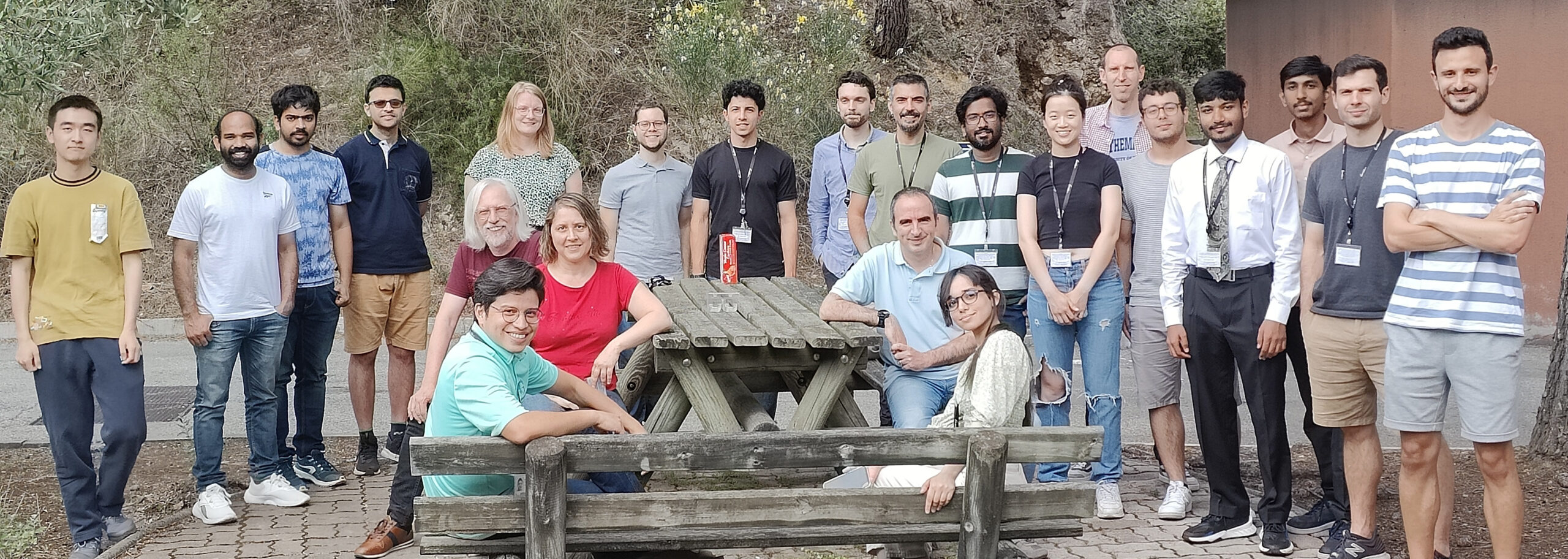Giovanni Neglia is defending his Habilitation Thesis (HDR: Habilitation à Diriger les Recherches).
Date and hour: Monday, February 27th, 15.00
Place: Euler Violet, Inria
Title: Delay Tolerant Networks: from modeling to optimization
Abstract: In this talk, I will present my contribution to the field of Delay Tolerant Networks (DTNs). DTNs are mobile wireless networks that are only intermittently connected, because the network is sparse, or because paths are highly unstable and may change or break while being discovered (due to nodes mobility and/or time-variations of the wireless channel). Typical examples of DTNs are those where nodes are intrinsically mobile: vehicular networks, “pocket area networks” (in which nodes are small devices like personal digital assistants or smartphones), mixed ground/satellite/probes networks for space communications and networks of sensors for wildlife tracking.
The existence of a path at a given moment is a fundamental assumption of all traditional routing protocols, that are therefore not suited for DTN scenarios. How to route in DTNs strongly depends on what knowledge is available about the future transmission opportunities. The two extreme cases are the following: 1) when contacts among nodes are deterministic and known in advance or 2) when they cannot be predicted and are supposed to obey to some generic random
mobility model. In the second case, it may be convenient to replicate the information so that at least one copy can find a successful route to the destination in a reasonable time. I will present a rigorous, unified framework based on Ordinary Differential Equations (ODEs) to study many replication schemes proposed for DTNs. These ODEs can be derived as limits of Markovian models under a natural scaling as the number of nodes increases. The models can be used to study different performance tradeoffs.
DTNs with unpredictable contacts are a case where autonomic operation appears necessary. In fact, the time a central authority would need to discover network operation conditions and enforce particular behaviours at the nodes would likely be much longer than the network dynamics timescales. It is then important to investigate if it is possible for the agents to take decisions on the basis of local information and at the same time cooperatively optimize a given performance metric. I will discuss how to optimize the performance of DTNs using three different approaches: stochastic control techniques, metaheuristics inspired by Evolutionary Computing and distributed subgradient techniques. Distributed subgradient techniques exploit consensus protocol as a basic building block to make the nodes agree. This has motivated my study of the following specific problems: i) how to speed-up the convergence of consensus protocols and ii) how to terminate them in a distributed way.
I will conclude the talk by discussing how to route data in “quasi-deterministic” DTNs, i.e. networks characterized by small deviations from the deterministic contact model, as it may be the case of a bus-based DTN backbone, and how to take advantage of network coding in a DTN setting.

